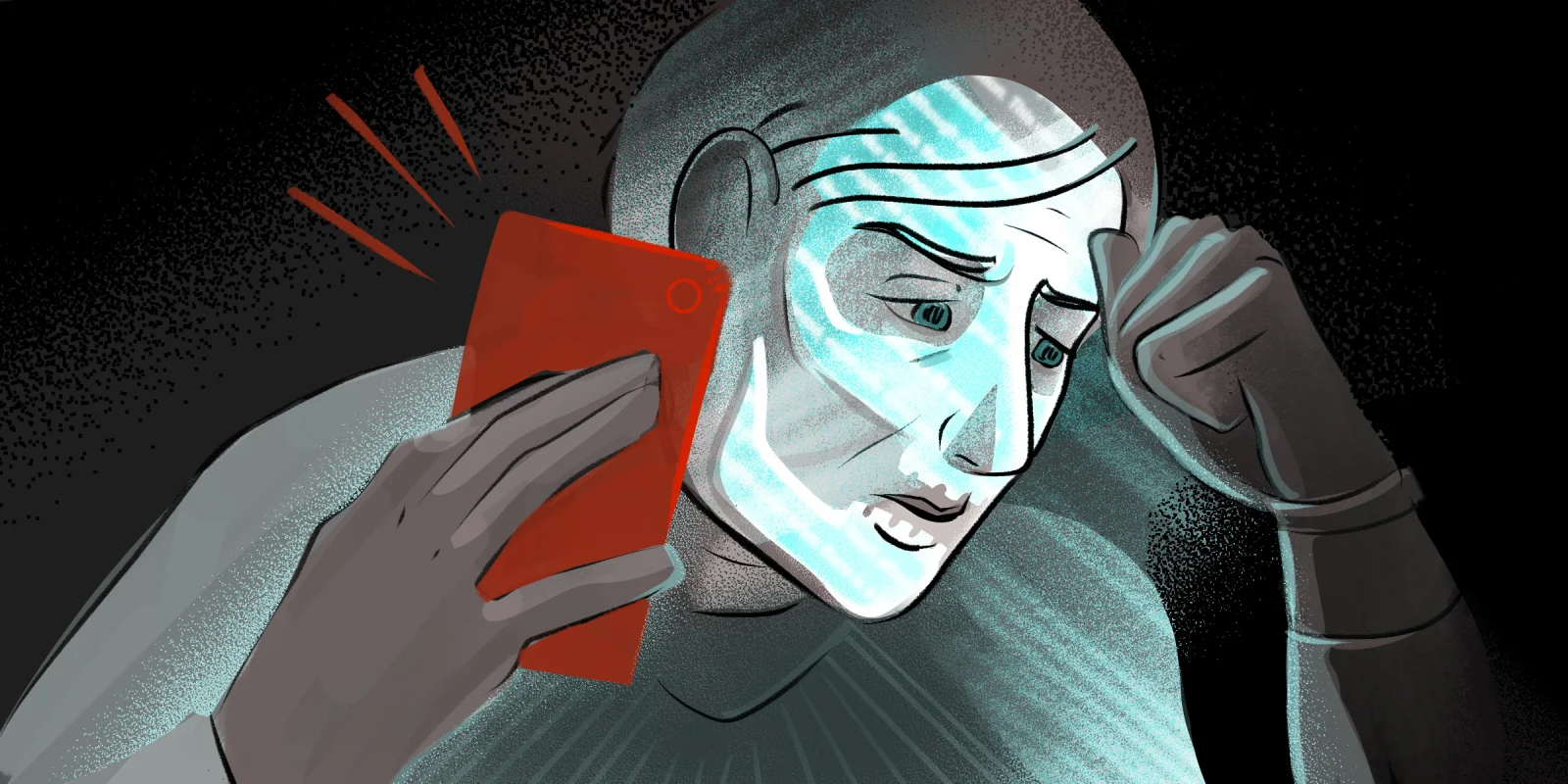Ten years ago, when it rang on a lazy Friday afternoon, while I was sipping coffee at a pediatric rheumatology conference in Miami, I glanced at my phone. It was from a pediatrician. Slightly annoyed because I was not on call, I answered. I will never forget what I heard next.
It wasn’t “a pediatrician,” after all — it was our pediatrician! He was calling to inform me that our daughter’s CBC, one of the most mundane lab tests we order, from her 2-year well child check-up suggested acute promyelocytic leukemia. The results had been reported by a reputed laboratory (and confirmed by manual review).
Over the course of my career, I had made many dreaded phone calls, but on that day, I was on the receiving end. Frantic, I called my colleague, a pediatric hematologist, and he offered me the next appointment, on Monday. The next three days passed agonizingly slowly. Even with my medical training as a pediatric rheumatologist, this potential diagnosis was unfamiliar to me, and countless hours of devouring information on the internet only worsened my sense of dismay. After initially trying to shield my non-physician wife, the night before I shared what I was dreading and asked her to come to the appointment. And to pray.
At the clinic, when the phlebotomist was having trouble drawing blood from our daughter, her 5-year-old sister begged me to stop them from hurting her little sister. I did not have the heart to tell her this was likely the mere start of a long and tortuous journey. Twenty excruciating minutes later, the hematologist walked into the room with a broad grin. “Her CBC is normal,” he said, “it must have been the result of a lab error.” To be safe, he ordered a flow cytometry, and the hematopathologist called me personally the next day to report the results were also normal. There was no cancer! The relief our family felt was immense. Even to this day, when I run into these two colleagues at the physician’s lounge, I feel a profound sense of relief and gratitude.
Medical errors, like the one our family experienced, unfortunately happen far too frequently. Following the Institute of Medicine’s report on medical errors, aptly titled "To Err Is Human," there has been an increased recognition of medical errors, and their enormous cost. Indeed, the cost is not only financial, like the money associated with the visit to the specialist and the flow cytometry we did to follow up on the abnormal CBC, but also emotional. The emotional toll can be devastating to the patients and families affected. Valuable time can be lost trying to confirm or refute unexpected diagnoses, during which time patients and families wait anxiously for hopeful news.
While error rates have decreased, errors still occur, and when they do, they are impactful. Most laboratory errors happen in the pre-analytical phase and can be due to anything from hemolyzed or insufficient specimen to a wrong tube to mislabeling. Other errors include ordering the wrong test, failing to order a test, incorrectly interpreting a test, or, in many cases, a delay in reviewing results. A study of 1,095 discharged patients found almost half had pending laboratory or radiology results, 9% of which potentially required action. Thus, there are many opportunities for things to go wrong.
In our case, I never found out where the process broke down (though I suspect mislabeling). The fact that the whole episode was merely an error, and our daughter was OK, was what really mattered at the time. This “error,” which had tormented me for days, was far preferable to the alternative. Despite the reassuring flow cytometry, I would catch myself checking her lymph nodes even several months later. If the error had been the result of a sample mix up, my heart goes out to the family who may have been falsely reassured that their child’s CBC was normal when the actual diagnosis was dire. As a physician, I know that most diseases declare themselves and are eventually diagnosed — but I cannot help but wonder if the delay of some other child’s diagnosis proved costly.
My personal experience with medical error chastened me. I was undoubtedly fortunate to get an appointment quickly after the (mis)diagnosis because I had professional connections. It has not escaped me that not every patient (or parent of a patient) has that privilege. I try to pay it forward by adding urgent patients whenever I can. Most patients and their families are at the mercy of the system to catch errors before they reach them and do harm, and my memory of my own encounter has endured. I have since been involved with our hospital pathology and laboratory medical directors, as well as our phlebotomists, to make sure we are following best practices to identify specimens correctly. I am more mindful when I order tests, and I take extra time to double check I am ordering the right test. I strive to review results promptly and communicate proactively when results are out of range. Above all, when a parent calls me frantically upon noticing an “abnormal” result on their child’s EMR, I have more patience and empathy because I too have been on the receiving end.
Have you ever been on the receiving end of a medical error — or, have you ever been the cause of a medical error? Share your stories in the comments!
Dr. Sampath Prahalad is a Professor of Pediatrics at Emory University and is the Chief of Pediatric Rheumatology at Children’s Healthcare of Atlanta. He is a physician, scientist, scholar, and mentor with a focus on juvenile arthritis, familial autoimmunity, and translational research. A devoted father and a husband, when he is not in the hospital, he loves to hike, travel, or try a new recipe on his instant pot. Dr. Prahalad is a 2021–2022 Doximity Op-Med Fellow.
Illustration by April Brust







